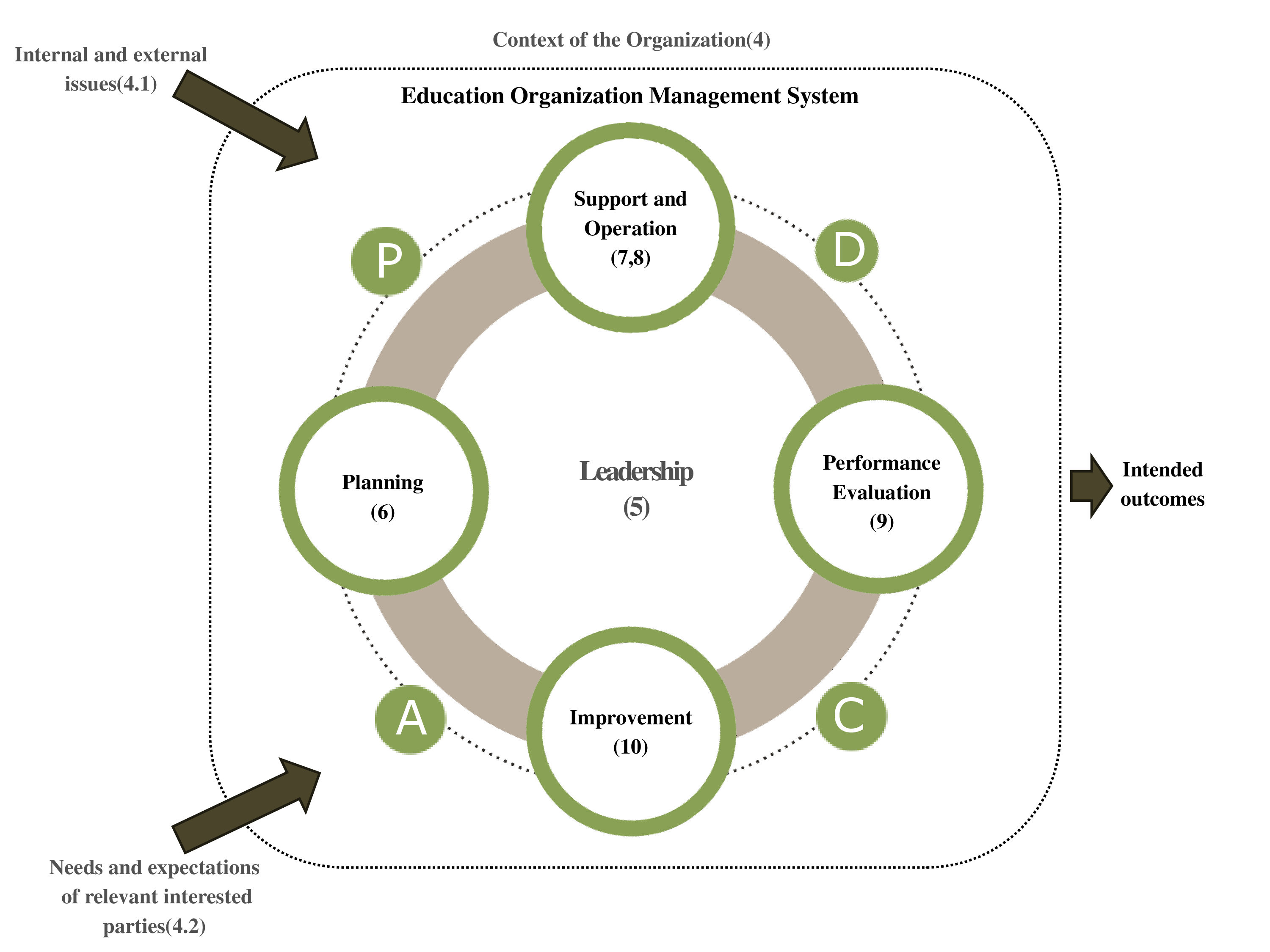
ISO 21001 is a management system standard specifically designed for educational organizations, aiming to improve the quality of educational services and meet learners’ needs.
The standard supports educational institutions in systematically managing learners’ requirements and expectations, enhancing educational outcomes, and building a sustainable educational management system.
Based on the core principles of ISO 9001 (Quality Management System), ISO 21001 is tailored to the unique characteristics of educational organizations. It can be applied to all types of educational institutions, including elementary and secondary schools, universities, vocational training centers, and corporate education departments.
Organizations implementing ISO 21001 can expect the following benefits:
Improved Quality of Educational Services
● Continuous improvement of curricula and teaching methods
● Enhanced learner performance and increased satisfaction
Learner-Centered Management
● Inclusion of diverse learner needs (e.g., learners with disabilities, multicultural backgrounds)
● Ability to provide personalized education tailored to individual learners
Increased Operational Efficiency
● Optimization of resources and processes through a systematic management system
● Improved communication within the institution
Enhanced Social Responsibility and Inclusion
● Provision of inclusive and equitable educational services
● Increased trust in the institution as a socially responsible organization
Compliance with Legal and Regulatory Requirements
● Alignment with education-related laws and international standards
● Strengthened institutional credibility through certification
Strengthened Global Competitiveness
● Opportunities for collaboration with global education networks through compliance with international standards
● Facilitation of partnerships with international educational institutions and corporate training providers
This standard is applicable to various types of educational institutions, including
● Schools and universities (elementary, middle, high schools, and higher education institutions)
● Vocational education and training centers (technical training institutes, vocational schools)
● Corporate education and HR departments (in-house training programs, employee development centers)
● Informal education providers (online learning platforms, private academies, research institutes)
● Special education institutions (for learners with disabilities, multicultural education centers)
● Systematic management of the quality of educational services
● Ability to provide customized education by addressing diverse learner needs
● Improvement of organizational efficiency and promotion of continual improvement
● Compliance with global education standards to enhance international competitiveness
● Increased credibility of educational institutions and higher stakeholder satisfaction
ISO 21001 is operated based on the PDCA (Plan-Do-Check-Act) cycle.
| Phase | Key Activities |
|---|---|
| Plan | ● Set educational objectives and strategic direction ● Analyze the needs of learners and stakeholders ● Develop plans to improve the quality of educational services |
| Do | ● Deliver educational programs and services ● Improve learning materials, staff qualifications, and the learning environment |
| Check | ● Measure and analyze educational outcomes ● Collect feedback from learners and stakeholders |
| Act | ● Implement corrective actions and enhance overall quality ● Optimize the educational management system |

ISO 21001 is an essential standard for educational organizations to establish a systematic management system, effectively meet learners’ needs, and continuously improve the quality of educational services.
By complying with this standard, institutions can enhance the quality of education, build trust with learners and stakeholders, and promote sustainable development within the organization.
Contact Person
kgb@icrqa.com
lee2750@icrqa.com